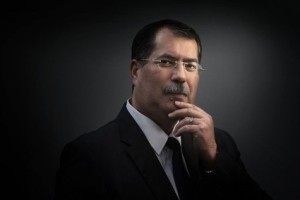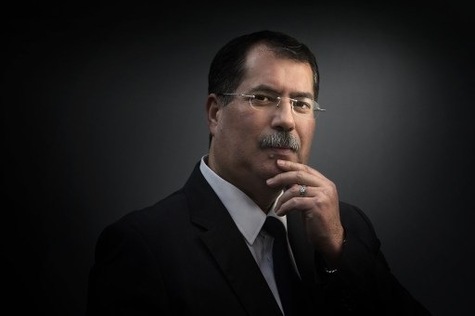“The new CFCM has arrived.” Meeting with Anouar Kbibech, who became the CFCM’s new president on July 1, the new board reaffirmed its unity during a press conference held on July 23. It was an opportunity for Anouar Kbibech to state his intentions to establish a “culture of results” within the CFCM. “We need to say what we do and do what we say,” he said, hoping that establishing a rotating presidency will help its efficacy.
Announcing a road map for the next two years that will be published in September, Kbibech stated that the renewal of Islamic thought, through the creation of a council of Muslim thinkers and the establishment of a pluralist theological council, will be among the top priorities. The first council, a type of think tank composed of intellectuals, will discuss Islam’s future in France, while the second will primarily deal with developing a counter-discourse to jihadism.
Kbibech distinguished the CFCM from the Muslim Theological Council of France (CTMF) created at the end of May. “We told the Union of Islamic Organizations of France, which is behind the CTMF, that its representatives will be invited to our theological council. But our theological council will be pluralistic and will include all branches of Islam,” he announced. This includes nearly 100 mosques under Salafist influence, with the intention of “reasoning with” those who advocate withdrawal. However, dialogue with extremists is “out of the question,” said Anouar Kbibech.
Another project announced: the sustainability of the CFCM’s funds, which now relies on donations made at places of worship. The introduction of a tax on halal food, and another on the pilgrimage to Mecca, is being considered. “We will not rule out calling on the generosity of our country’s Muslims for specific projects, not for ensuring the institution’s functioning,” the president insisted. He even spoke of the creation of a foundation that could, for example, fund the construction of places of worship or imam training.
Asked about the possible creation of a representative institution of Muslim associations, such as the Representative Council of Jewish Organizations of France (CRIF), the vice-president Chems-Eddine Hafiz is opposed to the idea. “We don’t want an organization that could resemble a Muslim political party and attract the critique of communitarianism,” he concluded.







